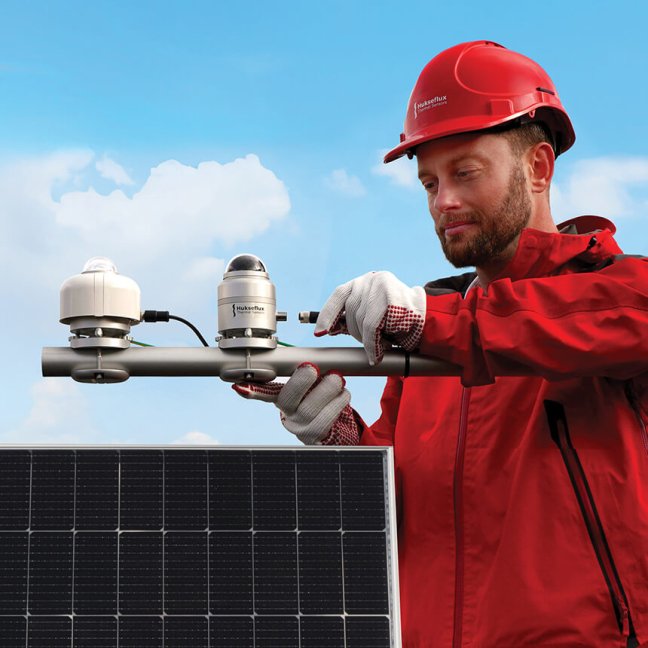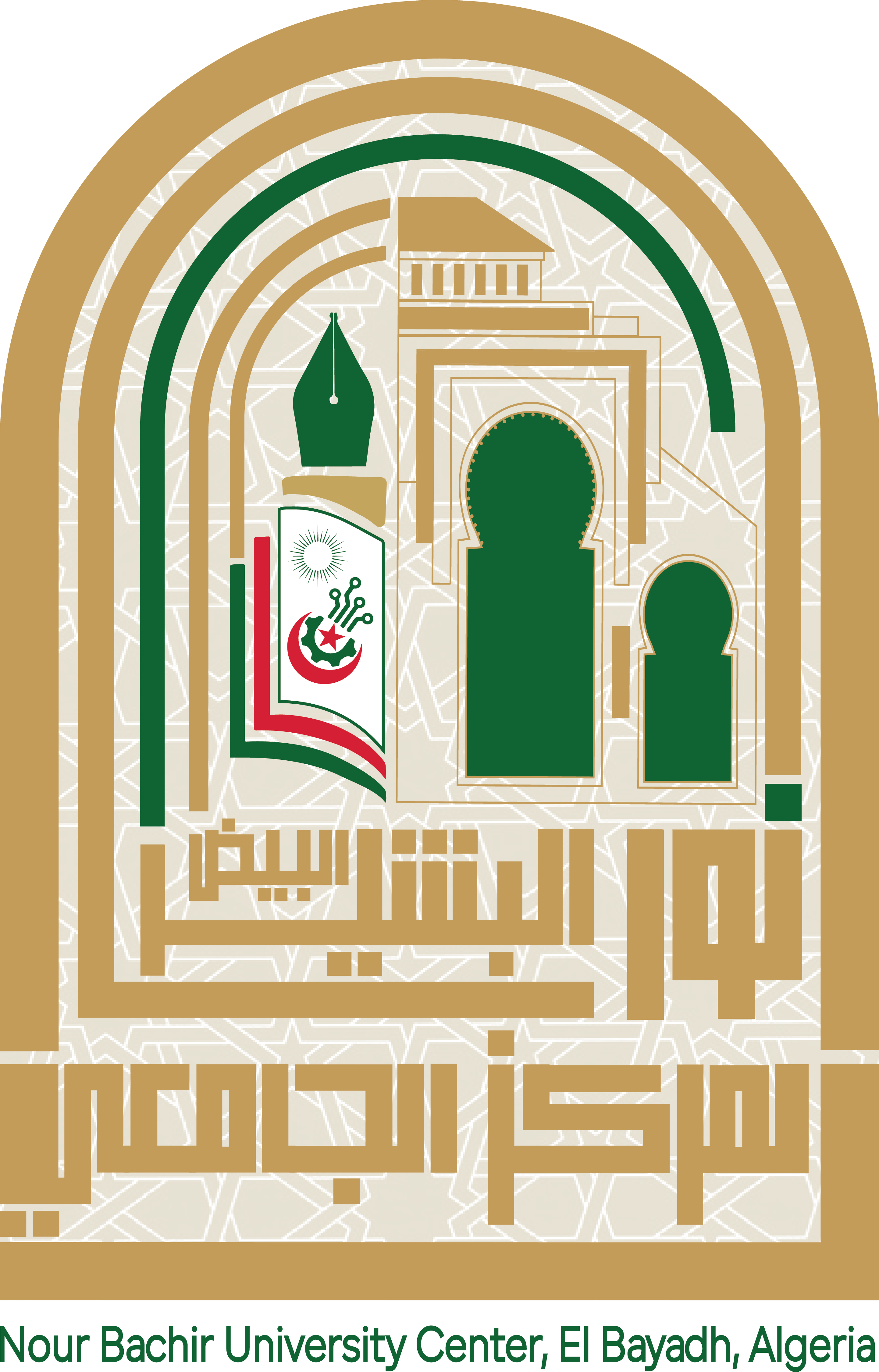
This course introduces students to the science and practice of metrology—the principles, methods, and instruments used for measuring physical, electrical, and energy-related parameters in renewable energy systems. It is specifically designed for Master 2 students in Renewable Energy – Electrotechnics specialty, bridging theoretical foundations with practical applications.
Students will learn how to select, use, and calibrate sensors and measurement devices that are essential for the reliable design, operation, and performance evaluation of photovoltaic (PV), wind, and heat pump systems. The course covers:
Fundamental principles of measurement science (metrology): accuracy, precision, traceability, and uncertainty analysis.
Key parameters to be measured in renewable energy systems: solar radiation, temperature, wind speed and direction, humidity, current, voltage, power, energy, and flow/pressure in hydrogen and thermal systems.
Types of sensors and instruments (pyranometers, pyrheliometers, anemometers, thermocouples, current and voltage transducers, flow meters, etc.) and their working principles.
Data acquisition systems (DAQ) and signal conditioning, including sampling rates, synchronization, and quality assurance.
Calibration and standardization methods in accordance with IEC/ISO standards, ensuring measurement traceability and reliability.
Practical applications through case studies, sample calculations, and examples drawn from real PV, wind, and hybrid energy installations.
By the end of the course, students will be able to:
Understand and apply metrology concepts in renewable energy contexts.
Select and implement appropriate sensors for monitoring PV, wind, and heat-pump systems.
Interpret measurement data with quantified uncertainty.
Apply international standards (IEC, ISO) for calibration and performance evaluation.
Design and assess measurement setups for research projects, system monitoring, and industrial applications.
- Enseignant: Mouhcen El-Hadi DAHMOUN
